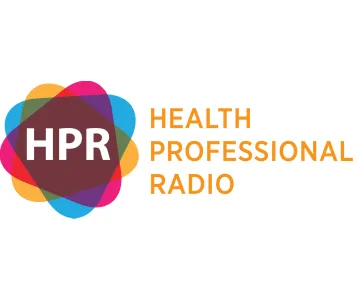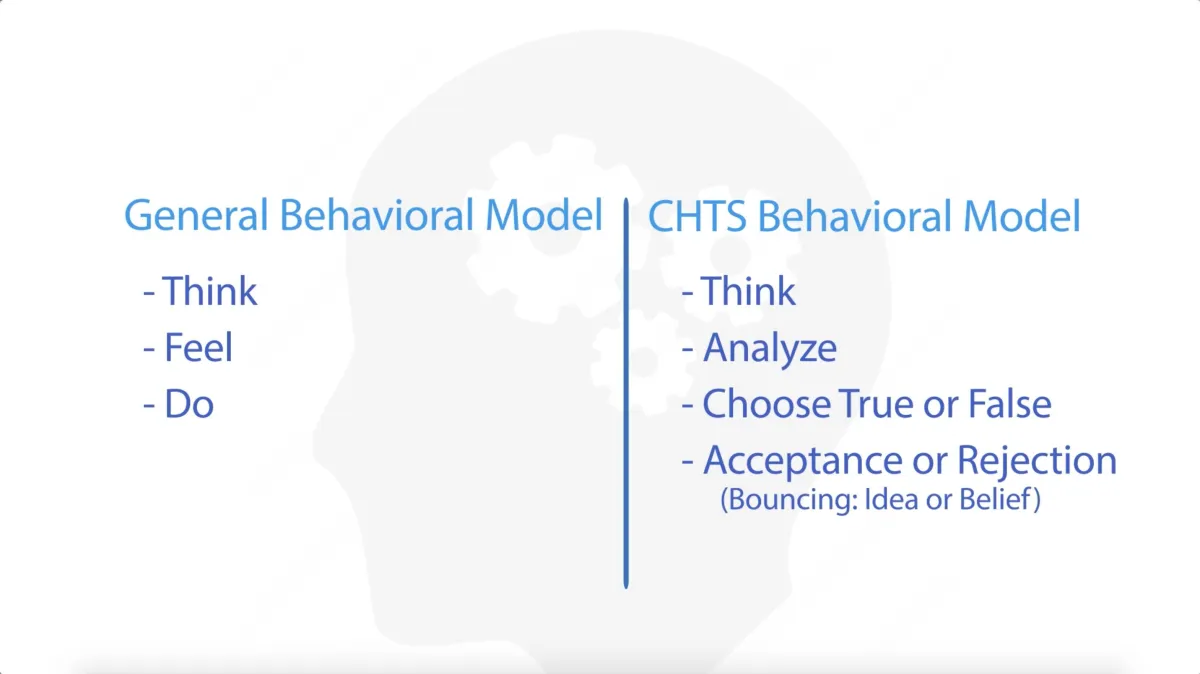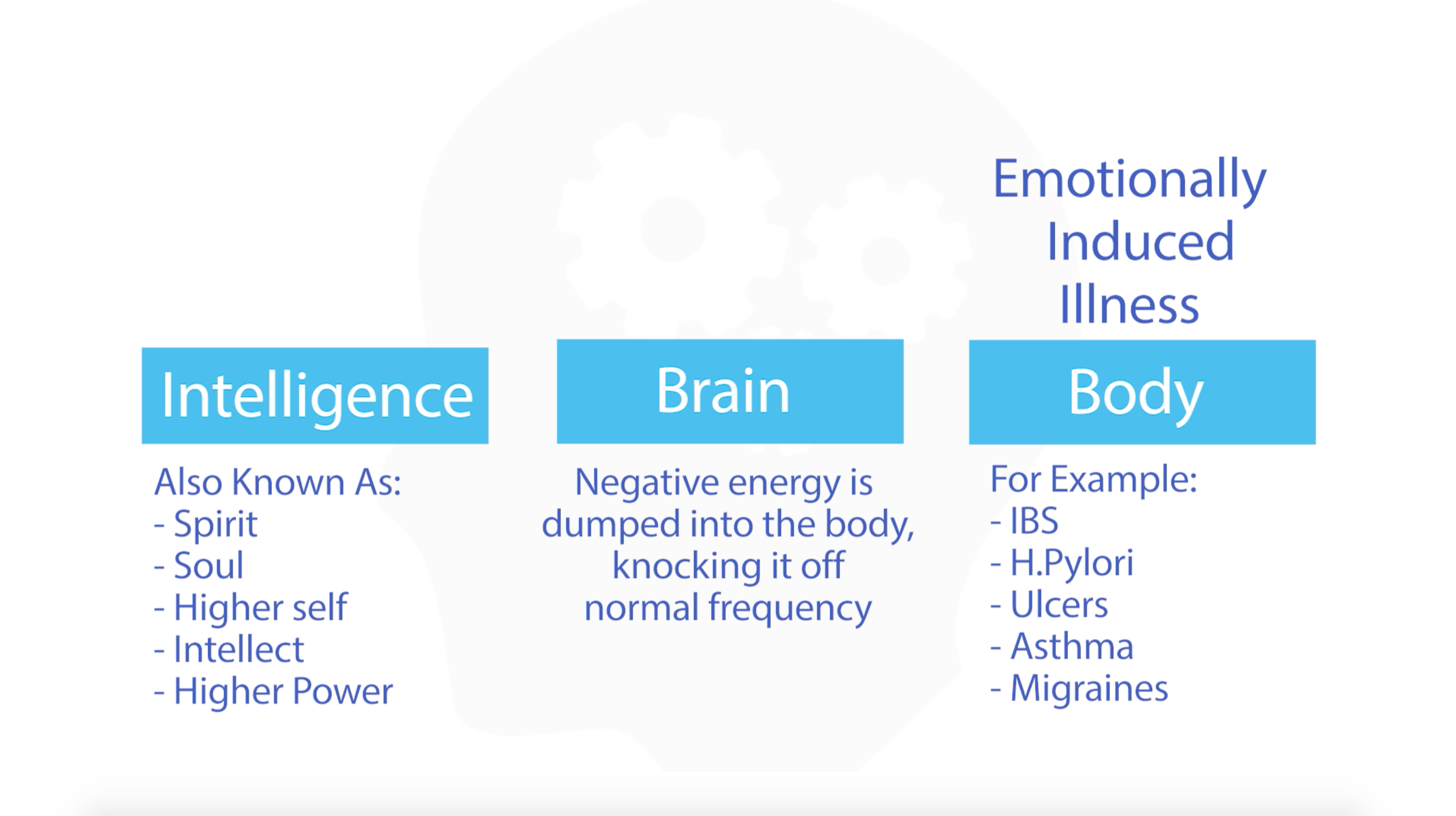Visit Us Weekdays from 8am to 6pm
1980 North 2000 West #100 Farr West, UT 84404
WELCOME TO THE POSITIVE MIND MANAGEMENT CERTIFIED CLINICAL (PMMCC) HYPNO-BLOG
B2: PMMCC Hypnotherapy -
Managing The Imagination
B2: PMMCC Hypnotherapy -
Managing The Imagination
Blog Entry Posted on May 1st, 2014


HEALTH PROFESSIONAL RADIO WITH HOST, NEAL HOWARD & GUEST, W. DENNIS PARKER:
Neal Howard: Hello. You’re listening to Health Professional Radio. Thanks so much for listening with us today. I’m your host, Neal Howard. Have you ever asked yourself, how can someone do that to themselves or to others, or how can someone continue to engage in some type of activity or habit that seems to be severely detrimental to them or others, and you ask yourself how can they continue doing that? Is it just a simple matter of breaking bad habits or is there something deeper that’s involved in getting people to abandon some of these negative habits or thoughts even?
Our guest in studio today is W. Dennis Parker. Now, he’s an author and a certified hypnotherapy trainer. How are you doing today, Dennis?
Dennis Parker: Very well. Thank you.
Neal: I’ve talked about asking ourselves how can people continue to do things that many of us deem to be, well, detrimental to their health, both mental and physical health. When it comes to breaking habits, we’ve all heard about 12-step programs, all kinds of self-help books out there, different speakers and whatnot. Now, being a speaker yourself, your area of expertise is family and personal improvement through spiritual mind management or hypnotherapy, some of these practices.
Could you speak a bit to exactly what is hypnotherapy? I know some of us have a picture in our minds, but could you give us a clearer picture of what it actually is?


Dennis: Yes. The way we describe hypnotherapy is basically three forms of it that we use at the school, and I do teach people to be hypnotherapists certified through the American Council of Hypnotist Examiners. But we’ve broken it down in our school to three segments of hypnotherapy. The first segment is what most people out there are doing, we call it Suggestion Hypnotherapy. Suggestion Hypnotherapy is where you hypnotize somebody, they go into a leveled trance, and at a deeper level we want to get access to the subconscious mind, which means that we penetrate through what’s called the critical factor filter barrier, if you will, which is the barrier between consciousness and subconsciousness.
Neal: Okay. Could you repeat that? The critical factor barrier – is that it?
Dennis: Yes. The critical factor is considered to be the barrier between the conscious mind and the subconscious mind. So, we need to get access to that, and into that belief system area, because it’s our incongruent beliefs and thoughts that cause us to do maladaptive behaviors, and also allow us to do those things, as you asked in the earlier question – how can people do these things or not correct these things?
And so, we use three forms of hypnotherapy to correct them. Again, Suggestion Hypnotherapy, which has people going to trance and then people use metaphor, stories and scripts, guided imagery, those types of things. And what we’re attempting to do is we’re attempting to overlay a new belief, if you will, or establish a new predominant belief in the belief system, in place of the belief that is there that’s driving the current behavior.
Neal: You say that you need to gain access to this area between the subconscious and the conscious mind – the critical factor barrier.
Dennis: Yeah. What we want to do is we want to actually get through the critical factor, which is the area of the belief systems, into the subconscious mind. And we want to be able to reprogram those thoughts at that subconscious level, because the big driver in our subconscious mind, in our spiritual mind … there’s too many drivers there. The main driver though is the imagination. Most people are not familiar that we can amplify any thought in our subconscious mind imagination from zero to 2,500 times, as we say.
We’ve attached kind of a scale to it to have it make sense. And then, so people take a thought or a belief into their imagination, they amplify it from zero to 2,500 times. And so, we can make any thought, anything a really big deal. And then we have that statement in society we use, ”Well, this person always makes mountains out of molehills.”
Neal: Yeah.
Dennis: Yeah. So, how do they do that? They’re doing that by over-amplifying those thoughts in their imagination to a huge degree.
Neal: Are you saying that – basically, whatever thought is in my mind, if I am amplifying it, I am the one, in essence, that is causing this molehill to become a mountain? Is it just a matter of how I look at it? Is that something that is employed or you’re actually … You say you’re actually gaining access to this area of the mind and it’s much more than just suggesting that I have a positive outlook on a potentially negative situation, right? It’s much more than that.
Dennis: Yes, it is. Because what you can actually do when people understand how their spiritual mind works, they can actually be taught how to turn their imagination back down and get back into balance. And what happens is, when you turn the imagination down and you come back into balance, you are also shutting down and collapsing the emotional content that’s been created around that thought.
So, the main thought most of us struggle with is “I’m not good enough.” That’s the universal, number one behavioral issue everybody on the planet struggles with, because we’ve all had experiences where we weren’t good enough to do something.
Neal: Sure.
Dennis: I wasn’t good enough to make the high school basketball team … We’ve all had experiences where we felt we weren’t up to it.
Neal: Absolutely.
Dennis: But if we amplify those thoughts up to 2,500 times, the further we amplify that kind of a thought, the more inhibiting the behaviors we have and develop and we experience. So, we can … at 500 times, we say, you can create an inhibition. At a thousand times, it can become huge anxiety. At 2,500 times, it becomes incapacitating, it becomes despair. It really shuts us down. The higher we amplify that one thought of “I’m not good enough …”
So, if we take it to 2,500 times, now, we won’t do anything, because we just know that we could never achieve it. “I could never do that, so I’m not even going to try,” right?
Neal: Now, if I may ask you, when we’re talking about the scale that you’ve assigned to the level of amplification of a particular thought, are we talking about in the mind actually repeating this negative phrase over and over again or are we just talking about the level of anxiety that we place upon that thought? Is that what you’re talking about?
Dennis: It can be both. The thought can be continued to be amplified by having experiences in life where we continue to gather data in our memory that says, “Yeah, I did this and I wasn’t good enough to do that, and then I did that and I wasn’t good enough to do that either.” So, the thought process really is that we have a thought that comes into our conscious mind first, if we accept it as being right, true, and correct for us, we’ll allow it to go through this critical factor filter into the subconscious.
Once it gets through the subconscious filter – or, not the subconscious filter – the critical factor into the subconscious, the first area of the mind it hits is it hits our imagination. We’ll amplify it from zero to 2,500 times in our imagination. Now, we go in to our memories, and in our memories we’re looking for justifying, validating and defending data that says to us that we’re right, because nobody wants to be wrong. We all want to be right in our thinking. You want to be right, I want to be right.
So, however much data we can come up from our memories that says to us that we’re right, that combination of the amplified imagination and the data justification from the memories is what creates the amount of emotional content that the person actually experiences, which now drives the behavior.
Neal: And, that seems to be an actual formula that could be written out on a board.
Dennis: It is written out, and it’s actually in my book that we call Spiritual Mind Management. You can get it on Amazon and so on. But, in the book Spiritual Mind Management, we explain all these principles very clearly, and help people start to learn how they can manage their own mind, their own imaginations, and start to desensitize their imagination, alter the perception of those memories, and start to collapse those emotions that have been driving their negative behaviors.
Neal: Many of our doctor visits are attributed to stress-related illness. Now, those illnesses could be anything from congestion to body aches and pains. Some people believe that things like fibromyalgia are all stress-related or diseases that are generated within the mind and then manifesting themselves in a physical nature. Do you think that this hypnotherapy could eliminate the use of traditional medicines as you apply it?
Dennis: Yeah. Actually, we do that. I work in a health clinic as a clinical hypnotherapist there, and so I deal with those issues on a regular basis. And, we see clients who come in and who learn how to control their mind in the ways that I am discussing here, and they literally have shut down fibromyalgia pain, shut down migraine pain. They’ve learned how to do … rheumatoid arthritis pain. People can learn how to utilize their mind to desensitize from any sensory perception.
So, it’s just like … We know that, like, I’ve been out lecturing or something for the week, I come home, and I clean my horse corrals. For the first few minutes, the smell really reeks, but after a minute or two … or you change your baby’s diaper, in a minute or two, what happens?
Neal: Yeah, you’re used to it.
Dennis: Well, yeah, we say we get used to it. But another way to describe it is that the subconscious mind that deems … one of the purposes is the preservation of self. If it doesn’t deem that it’s necessary to continue to process all that olfactory stimulation as necessary for the preservation of self, it just shuts it off. We teach people that they don’t need that pain, those levels of pain for their preservation of self. So, pain is normally a warning system, so to speak.
Once the person can acknowledge that they’ve been warned, they understand that the pain is there – and then we teach them how to desensitize from pain in the same way we desensitize naturally from smell and sounds and other kinds of things. People can control that very effectively, and in many cases eliminate it altogether if they choose to.
Neal: Now, as we wrap up this segment, I’d like to ask you a question concerning the safety – not necessarily the validity of the hypnotherapy or the pondering or any of the other techniques that you mentioned in your book – but, when it comes to desensitizing, for instance, if I desensitize myself to, say, the changing of a baby’s diaper, and I’ve been desensitized because my brain has determined that continuing to process that aroma is not necessary for preservation of self.
What about a pain that could be potentially life-threatening? I am now desensitized to it, but the cause of that pain and the progression of the problem could still persist. Is there a cut-off or some type of protocol that will eliminate that type of possibility?






Dennis: Great question. And that’s one that comes up all of the time, because it is a valid concern. But my experience is this – is that I’ve never had anybody come in to me for major pain, of any kind, who hadn’t been to other doctors first. In other words, they’ve attempted to use of all of the other remedies, and they’re still looking for an answer. And one of the things that we do as hypnotherapists – if somebody does come in for pain control, I always require that they get a prescription from the doctor, whoever is prescribing the medications, to work with me for pain control and pain relief.
So, we’re doing that in conjunction with the doctor and in awareness of what we’re doing, and teaching both the doctor and the patient what it is that we will be doing to teach them how to desensitize intentionally. And, my experience is that if it’s psychosomatically induced, as you started talking about earlier, meaning that it’s a creation in our mind that is now being manifested in the body as a D-I-S-E-A-S-E IN the mind, eventually it becomes a disease in the body, and we could talk about that process and how that happens.
So, when people come in up, if they’ve ever really had organic pathology there, meaning, let’s say they had a brain tumor and they had a lot of migraines and we were going to teach them how to shut that down, I’ve never seen where a person been able to maintain that kind of pain control if there’s real organic pathology there.
It’s when it’s psychosomatically induced that we teach them how to shut it down, because it’s their emotional content coming out of the stimulated thought process, now we can teach them how to shut that down and change that. And that is permanent, it’s effective, and it’s safe and there’s nothing more to do with that. But, you’re right. You do want to have the person make sure that there is no organic pathology actually stimulating the pain as a warning system first.
Neal: So, if I’m understanding you correctly, there is a natural failsafe in place to prevent such potentially a tragic situation, yeah?
Dennis: Yeah, that’s a great way to say it. The body and the mind would continue to warn you if in fact there’s a real organic pathology or a real problem there. So, with real organic pathology I’ve never seen anybody be able to maintain it. Because, once you go to sleep at night your mind resets, so to speak. And when they wake up the next day, if it’s still there, they’ll still be in pain.
Neal: Great. You’ve been listening to Health Professional Radio. I’m your host Neal Howard. Our guest in studio today has been W. Dennis Parker, certified Clinical Hypnotherapist, registered with the American Council of Hypnotist Examiners. He’s been registered with them since 1991, he’s also a board-certified hypnotherapist, examiner and instructor, and approved school operator, in addition to being the author of Spiritual Mind Management, a book in which he outlines several of his techniques in hypnotherapy, pondering and other healing modalities as well.
It’s been great having you here with us today, Dennis.
Dennis: Thank you.
Neal: Great. And, I’m hoping that you’ll come back and speak more about your area of expertise.
Dennis: Yeah. I’d be happy to, any time.
Neal Howard: Thank you.
*Transcripts of this program are available at healthprofessionalradio.com.au and also at hpr.fm.
A Note From Taylor...
NOW IT'S YOUR TURN, & I SO LOOK FORWARD TO HELPING YOU ACCOMPLISH YOUR GOALS!
Taylor is trained in Hypnosis, Self-Hypnosis, Suggestion Hypnotherapy & Positive Mind Management Certified Clinical Hypnotherapy & the Protocols of Adversarial Resistance - these Advanced Mental & Emotional Protocols, Skills, Tools & Techniques are taught exclusively at the Certified Hypnotherapy Training School by Developer, Owner, CEO, Instructor & School Operator W. Dennis Parker. For Taylor's Full Bio Click Here.
Start Dates!...
You can start with your TEXTBOOK STUDY & the ONLINE PORTION of the training ANYTIME & then finish with the LIVE CLASSROOM TRAINING'S at your own pace. We will help make any Scheduling Conflict WORK!
The QUICKER you get started, the QUICKER you'll be on your way to accomplishing all your PERSONAL & PROFESSIONAL
Hopes, Dreams, Goals & Aspirations!
2020 Fall Course Starts -
Monday September 14th
2021 Winter Course Starts -
(Tbd January 2021)
2021 Spring Course Starts -
(Tbd April 2021)
2021 Summer Intensive Course Starts -
(Tbd July 2021)
2021 Fall Course Starts -
(Tbd September 2021)
& Case Study Sessions HERE...
If you are serious about being competent at assisting your clients achieve life changing results with Clinical Hypnotherapy then CHTS training's in Positive Mind Management Certified Clinical Hypnotherapy Protocols are the RIGHT CHOICE FOR YOU!
Why Choose CHTS?...
8 Reasons Why CHTS Video Break Down + Time Codes:
CONTACT US OR COME JOIN US
Online or In-Person
So to re-cap, you can attend the LIVE In-Classroom Training Courses & Case Study Sessions either IN-PERSON at the School in Farr West, Utah or 100% ONLINE from anywhere in the world that you have internet access with our FULLY Interactive, State of the Art, Live Class Broadcast System!
If your traveling in from out of state, CHTS is conveniently located just 15 minutes from the Ogden Airport & just 45 minutes from SLC International Airport. Plus we have MANY amazing Hotels & Restaurants that are all within a 20 minute drive from the School - making In-Person Class Attendance Extremely EASY & CONVENIENT.
Hours: Weekdays 8am - 6pm
Email: questions@pmmcc-hypno.best
Office: (801)-882-8189
1980 N. 2000 W. #100, Farr West, UT 84404
Everyone has to figure out
how to manage their own mind
from the inside out - LEARN HOW HERE!
Unlock the POWER of your Personal & Professional Potential through PMMCC Hypnotherapy NOW.
© Talk 365 TV & Transformational Tech Marketing - An HWoodRED Production Inc., Co I Copyright 2021 I All Rights Reserved






